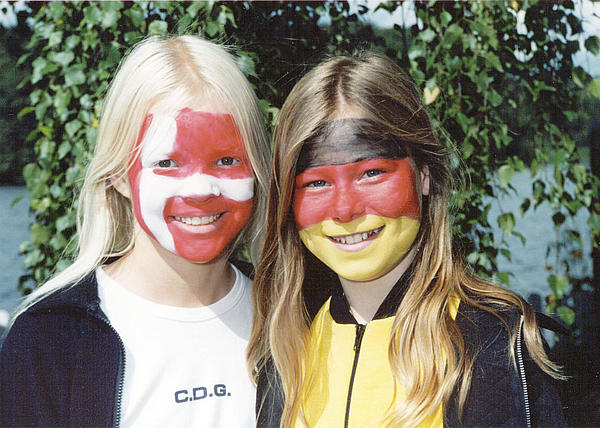
Danish and German in the border region
A
After more than 100 years of contradistinction, conflict and - at times - even violence the relationship between Danes and Germans around the common border has become increasingly better in the last few decades. The minorities on both sides have acted as "bridge builders" and thereby contributed to change the mindset in the entire region. Today North- and South Schleswig are regarded as one region with shared economic, social and cultural interests.
A close cross border cooperation between governments, regions and municipalities have evolved. Furthermore, the German majority population south of the border has realized, that the region has an important Danish cultural heritage.
Today Germans in Germany, Danes in Denmark and the two minorities join forces to strengthen the region economically, socially and culturally. The Danish minority has profited from this development to a large extent. From a fringe group within its German surroundings its evolved into the role of a “bridge builder” between the two minorities and the majority populations. The minorities e.g. are significant partners in the Danish-German Region Sønderjylland-Schleswig.
The good relations in the last few decades have also had an impact on the Danish minority's identity, especially among younger generations. As Danish and German is no longer perceived as a contradiction or as mutual enemies, there is space for recognition of the fact, that the Danish minority in the last 150 years also has been influences by German everyday life, German history and German culture. This has promoted the development of, one could call, a varied independent Danish identity among the minority's members, with strong bonds to both cultures.
The good coexistence and cooperation in the Danish-German border region has been granted status as immeterial national cultural heritage by both Germany and Denmark in 2018. Succeedingly 2019 Denmark announced to go for the UNESCO Immaterial World Heritage status for it, as is can serve as a "best practice", source of inpiration for other regions of the world with minority issues.